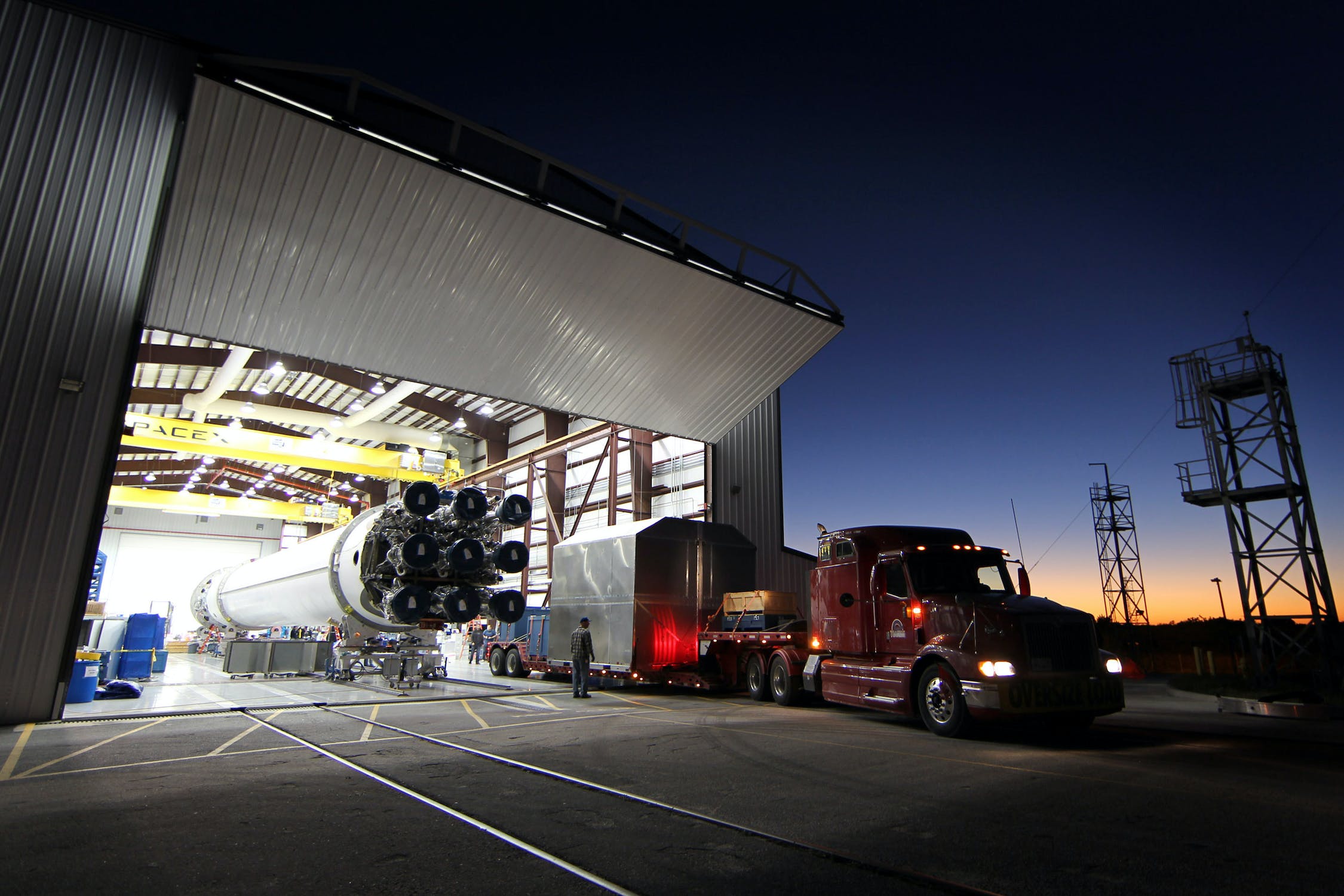Freight forwarders play a critical role in the supply chain, serving as the intermediary between shippers and carriers to ensure that goods are transported efficiently and on time. While the logistics industry has seen its share of challenges, advancements in technology and the rise of e-commerce have created new opportunities for freight forwarders to streamline their day-to-day operations and enhance overall efficiency.
Here are some ways that freight forwarders can be more efficient in their jobs:
-
Leverage Technology: Technology can greatly enhance the efficiency of freight forwarding. For instance, freight forwarders can use transportation management software (TMS) to automate processes like booking, documentation, and tracking. TMS can also help freight forwarders to optimize routes and select the most efficient mode of transportation.
-
Adopt a Data-Driven Approach: Freight forwarders can leverage data to identify bottlenecks and inefficiencies in their processes, enabling them to make data-driven decisions and improve overall efficiency. Data can be used to track performance metrics, such as on-time delivery rates and carrier performance, and to identify trends and patterns.
-
Maintain Strong Relationships: Building strong relationships with carriers, shippers, and other stakeholders in the supply chain can help freight forwarders to streamline their operations. By fostering a collaborative culture, freight forwarders can work closely with carriers to optimize routing and reduce costs, while also building trust and rapport with shippers.
-
Embrace Sustainable Practices: Sustainability is increasingly becoming a priority for shippers and consumers alike. By adopting sustainable practices, such as using alternative fuels and reducing waste, freight forwarders can differentiate themselves in the market and appeal to environmentally-conscious shippers.
What is a freight forwarder?
A freight forwarder is a company that arranges the transportation of goods on behalf of a shipper.
What services do freight forwarders offer?
Freight forwarders offer a range of services, including transportation management, documentation, customs clearance, and warehousing.
What are the benefits of using a freight forwarder?
Using a freight forwarder can help shippers to streamline their operations, reduce costs, and ensure that goods are transported efficiently and on time.
How do freight forwarders determine the most efficient mode of transportation?
Freight forwarders use a range of factors to determine the most efficient mode of transportation, including the nature of the goods, the destination, and the urgency of delivery.
What are some common challenges that freight forwarders face?
Common challenges include transportation capacity constraints, regulatory compliance, and rising fuel costs.
By adopting technology, data-driven approaches, building strong relationships, and embracing sustainable practices, freight forwarders can streamline their operations and enhance overall efficiency. As the logistics industry continues to evolve, freight forwarders will play an increasingly critical role in ensuring the efficient and timely transport of goods around the world.

 (604) 757 2441
(604) 757 2441